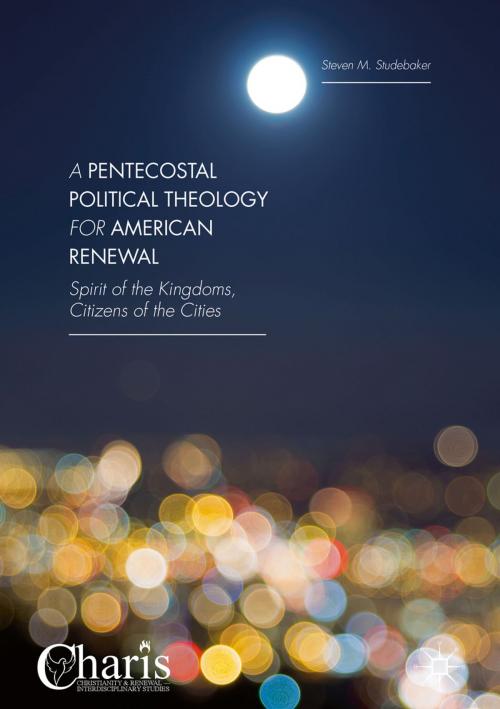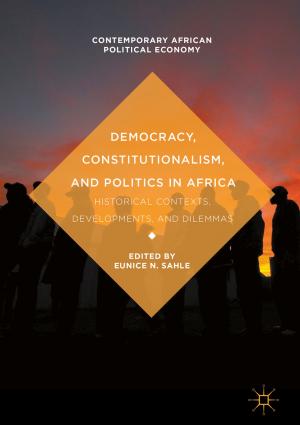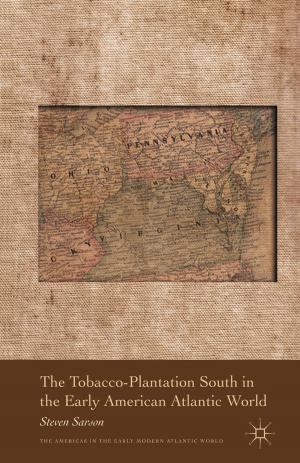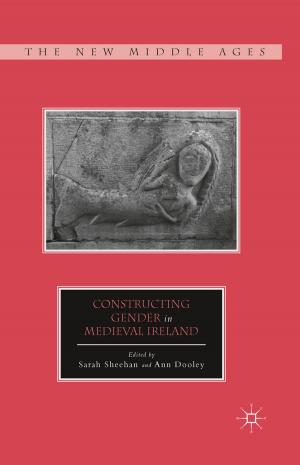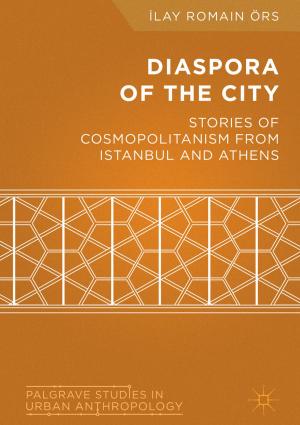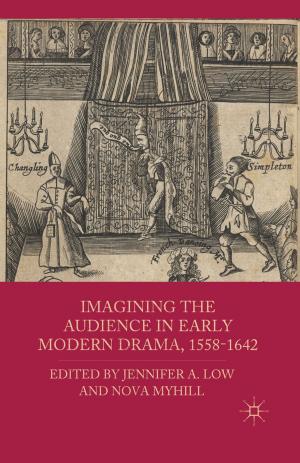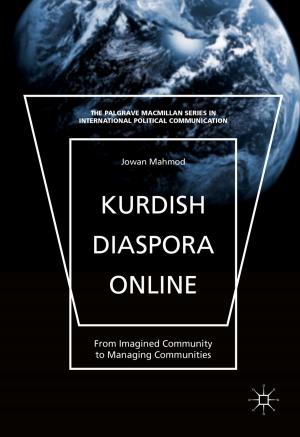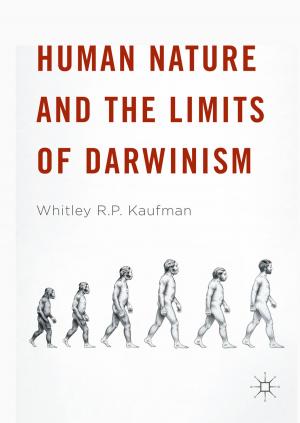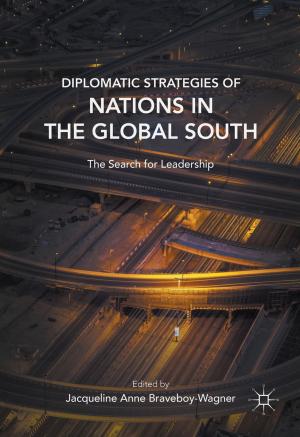A Pentecostal Political Theology for American Renewal
Spirit of the Kingdoms, Citizens of the Cities
Nonfiction, Social & Cultural Studies, Social Science, Sociology, Marriage & Family, Religion & Spirituality, Christianity, General Christianity| Author: | Steven M. Studebaker | ISBN: | 9781137480163 |
| Publisher: | Palgrave Macmillan US | Publication: | October 26, 2016 |
| Imprint: | Palgrave Macmillan | Language: | English |
| Author: | Steven M. Studebaker |
| ISBN: | 9781137480163 |
| Publisher: | Palgrave Macmillan US |
| Publication: | October 26, 2016 |
| Imprint: | Palgrave Macmillan |
| Language: | English |
This book argues that Christians have a stake in the sustainability and success of core cultural values of the West in general and America in particular. Steven M. Studebaker considers Western and American decline from a theological and, specifically, Pentecostal perspective. The volume proposes and develops a Pentecostal political theology that can be used to address and reframe Christian political identity in the United States.
Studebaker asserts that American Christians are currently not properly engaged in preventing America’s decline or halting the shifts in its core values. The problem, he suggests, is that American Christianity not only gives little thought to the state of the nation beyond a handful of moral issues like abortion, but its popular political theologies lead Christians to think of themselves more as aliens than as citizens. This book posits that the proposed Pentecostal political theology would help American Christians view themselves as citizens and better recognize their stake in the renewal of their nation. The foundation of this proposed political theology is a pneumatological narrative of renewal—a biblical narrative of the Spirit that begins with creation, proceeds through Incarnation and Pentecost, and culminates in the new creation and everlasting kingdom of God. This narrative provides the foundation for a political theology that speaks to the issues of Christian political identity and encourages Christian political participation.
This book argues that Christians have a stake in the sustainability and success of core cultural values of the West in general and America in particular. Steven M. Studebaker considers Western and American decline from a theological and, specifically, Pentecostal perspective. The volume proposes and develops a Pentecostal political theology that can be used to address and reframe Christian political identity in the United States.
Studebaker asserts that American Christians are currently not properly engaged in preventing America’s decline or halting the shifts in its core values. The problem, he suggests, is that American Christianity not only gives little thought to the state of the nation beyond a handful of moral issues like abortion, but its popular political theologies lead Christians to think of themselves more as aliens than as citizens. This book posits that the proposed Pentecostal political theology would help American Christians view themselves as citizens and better recognize their stake in the renewal of their nation. The foundation of this proposed political theology is a pneumatological narrative of renewal—a biblical narrative of the Spirit that begins with creation, proceeds through Incarnation and Pentecost, and culminates in the new creation and everlasting kingdom of God. This narrative provides the foundation for a political theology that speaks to the issues of Christian political identity and encourages Christian political participation.
